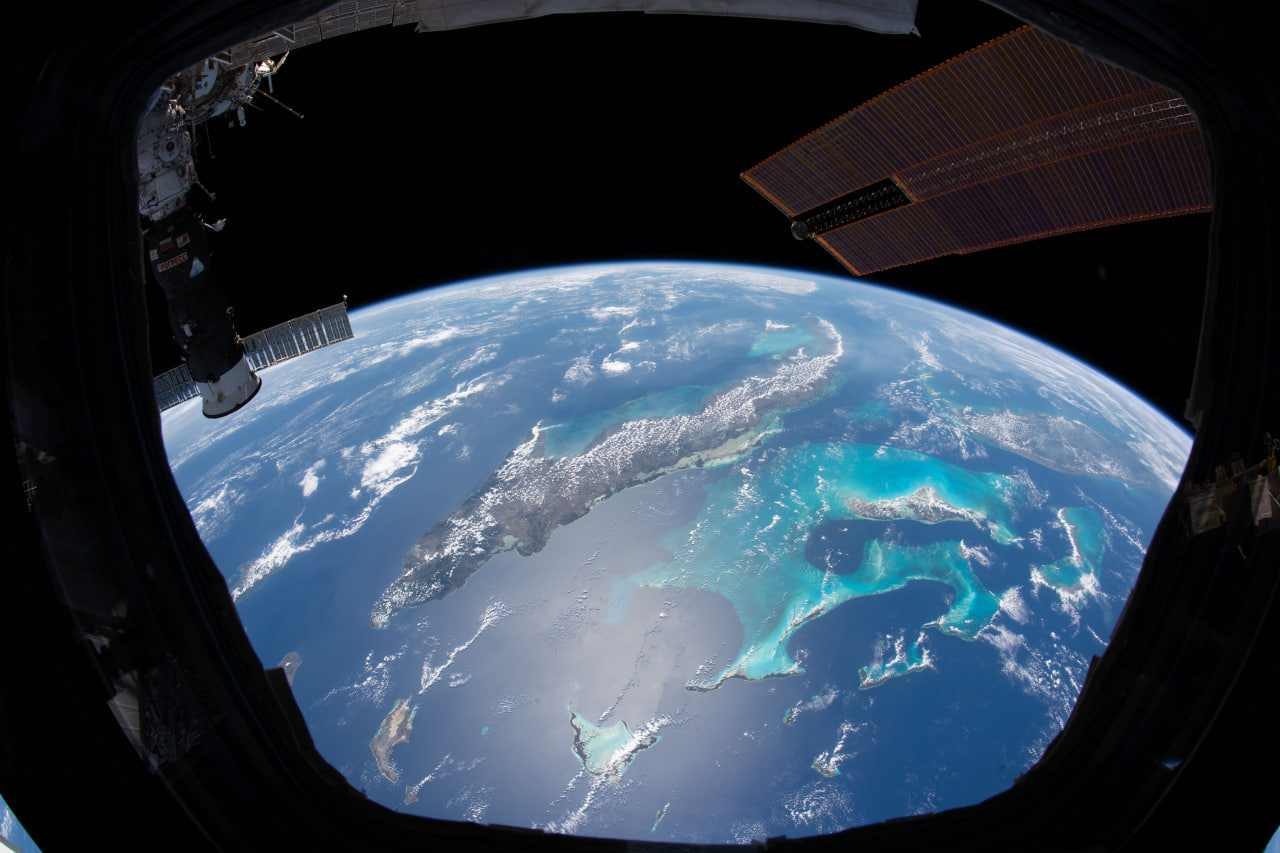Uzbekistan joins International Space Treaty
Uzbekistan has officially joined the Treaty on Principles Governing the Activities of States in the Exploration and Use of Outer Space, including the Moon and other Celestial Bodies, paving the way for greater involvement in international space projects and the exchange of resources and knowledge in this field.

Photo: NASA
On October 10, President Shavkat Mirziyoyev signed a law ratifying the treaty, which was initially adopted by the United Nations General Assembly on December 19, 1966, and signed in London, Moscow, and Washington on January 27, 1967. With Uzbekistan's participation, the number of member states has now reached 115.
The Legislative Chamber of the Oliy Majlis approved the law on July 2, and the Senate gave its endorsement on August 15. During the parliamentary discussions, Shukhrat Kadirov, Director General of the Uzbekistan Space Agency "Uzbekcosmos," emphasized that ratifying the treaty would open opportunities for Uzbekistan to participate in international space research and projects, as well as facilitate the sharing of resources and expertise with other countries. Kadirov also noted that the move would aid in the development of Uzbekistan's space law framework.
"Space activities play a crucial role in the global processes of informatization and globalization. Leading nations and many developing countries are conducting scientific research on space exploration and use, leveraging space potential for economic, defense, technological, scientific, social, cultural, and international benefits," the Senate stated during its discussion.
About the Space Treaty
The treaty establishes that space exploration and use, regardless of a country's economic or scientific development level, must be carried out for the benefit of all humanity. It further stipulates that outer space and celestial bodies are considered the common heritage of mankind and cannot be subject to national appropriation by claims of sovereignty, use, occupation, or any other means.
Member states are obligated to conduct space activities in accordance with international law, including the United Nations Charter, in the interest of maintaining international peace and security and fostering cooperation and mutual understanding. The treaty prohibits the placement of nuclear weapons or other types of weapons of mass destruction in Earth's orbit, on celestial bodies, or elsewhere in outer space.
Additionally, member states are committed to treating astronauts as envoys of humanity in outer space, providing assistance in the event of accidents, disasters, or emergency landings, regardless of the astronauts' country of origin. States are also required to assist other member states' astronauts to the best of their ability during space activities.
Related News

18:01 / 25.12.2024
Deputies question legality of new 4% revenue fee for private universities

14:07 / 25.12.2024
Ministry of Construction gains authority to annul non-compliant urban planning documents

19:35 / 24.12.2024
Judge revises verdict: Driver sentenced to 3 years for traffic violation resulting in deaths

14:49 / 24.12.2024



